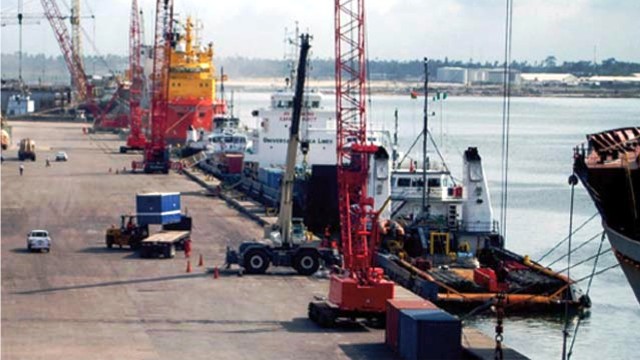Business
HOSTCOM Laments Non-Implementation Of MoUs By Multinationals

The Host Communities Producing Oil and Gas in Nigeria says it will address issues of communities’ agitation as a result of alleged failure of multinationals to implement Memorandum of Understanding with host communities, especially in Ogba/Egbema/Ndoni Local Government Area of Rivers State.
National Ex-officio member, HOSTCOM, Dr Ifeanyi Obulor, in an interview with newsmen expressed worries that failure by oil multinationals to implement MoUs carried out with communities had led to series of communal crisis in ONELGA.
According to him, “all long, failure in the implementation of MoUs has resulted to series of crises in our communities, some devices the oil companies use in dividing our people so that they can have their way and that is why Hostcom is here and in fact we have started holding meetings with some of the families in terms of giving them some sets of focus and direction and what they actually need, then it would be easier for us to join hands together and face the oil companies to bring what is rightfully due to the communities and families”.
Chairman, Hostcom, ONELGA branch, Professor Uche Dike on his part, said Hostcom was engaging communities with a view to achieving a peaceful process in ending communal crisis arising from the non-implementation of MoUs by oil producing companies in ONELGA.
He said “by virtue of what we stand for, we have also mapped out how to meet with the youths and the traditional rulers. Inasmuch as we are aware that the people are being marginalised, we still want them to be peaceful”.
Meanwhile, the Director of Media, Hostcom, ONELGA branch, Mr Emmanuel Nwabirije, explained that the organisation was mapping out economic activities beyond oil and gas for the people.
He said: “Peradventure it pleases God that oil is not there today or tomorrow, we have more than enough quantity of gas. Gas is driving the world economy now. As I speak in Omoku, in ONELGA, we have over 10 trillion deposit of gas untouched. We are not leaving any stone unturned, inasmuch as we are out to ensure that what is due us is given to us, we are also planning ahead of time”.
Transport
Automated Points Concession : FAAN Workers Gave 72hrs To Revise Decisions In PH

Transport
FAAN Announces Pick-Up Points for Go-Cashless Cards

Business
Fidelity Bank To Empower Women With Sustainable Entrepreneurship Skills, HAP2.0
-
Politics4 days ago
2027: NIGERIANS FAULT INEC ON DIGITAL MEMBERSHIP REGISTER DIRECTIVE
-

 Environment4 days ago
Environment4 days agoLAWMA Director Says Sweeping Reforms Have Improved Waste Collection
-
Politics4 days ago
LP Crisis: Ex-NWC Member Dumps Dumps Abure Faction
-

 Politics4 days ago
Politics4 days agoUmahi Dismisses Allegations On Social Media, Insists On Projects Delivery
-

 Sports4 days ago
Sports4 days agoAbia Not Sure To Secure continental Ticket
-
Politics4 days ago
NATASHA ELECTRIC VEHICLES INITIATIVE IN KOGI CENTRAL
-
Sports4 days ago
La Liga: Yamal Records First Career Hat-trick
-

 Sports4 days ago
Sports4 days agoPSG Extend Lead In Ligue 1

